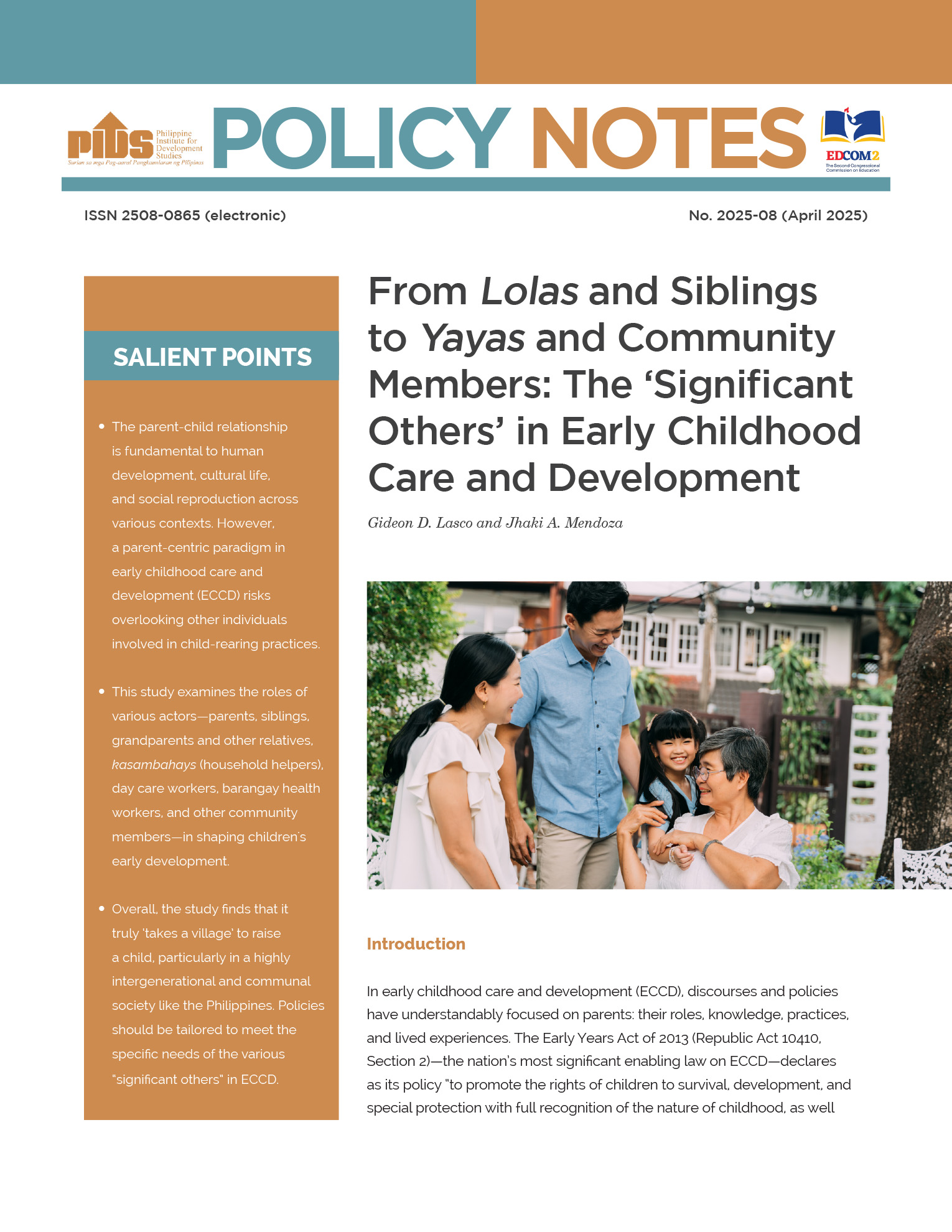A new study from the Philippine Institute for Development Studies (PIDS) has found that the long-term effects of bullying could lead to the nation losing up to P20 billion in potential economic productivity each year.
The study, led by PIDS Senior Research Fellow Dr. Michael Abrigo and presented during a research webinar earlier this month, highlights that bullying — often dismissed as a mere social issue — can significantly impact the country’s gross domestic product (GDP). Its effects, particularly in academic performance gaps, accumulate over time and later affect future labor productivity.
Dr. Abrigo estimates that bullying-related setbacks could lower the GDP by 0.05 to 0.08 percentage points annually, translating to losses of approximately P10 to P20 billion. This loss is almost equivalent to the Department of Education's (DepEd) 2024 budget for textbooks and computerization programs, which amount to around P12 billion and P8 billion, respectively.
Despite these grim figures, Abrigo emphasized that bullying is a “modifiable” risk factor, meaning it can be addressed more immediately than persistent issues like generational poverty.
However, the study has received some criticism.
A university fellow from De La Salle University’s Psychology Department pointed out that the Programme for International Student Assessment (PISA) survey from 2018, which provided the data for the study, does not explicitly use the term “bullying.”
Instead, it measures “bullying-related behaviors,” which can vary in definition and interpretation across cultures and countries, potentially affecting policy decisions. The fellow also cautioned against drawing a direct, overly simplistic link between bullying and GDP losses.
The 2018 PISA survey estimated that 36 percent of Filipino students fall into the top 10 percent of globally bullied students. In the past year, around 76 percent of students reported experiencing at least one form of bullying. For an estimated 11,000 students nationwide, bullying behaviors — including exclusion, threats, and extortion — occur almost weekly.












